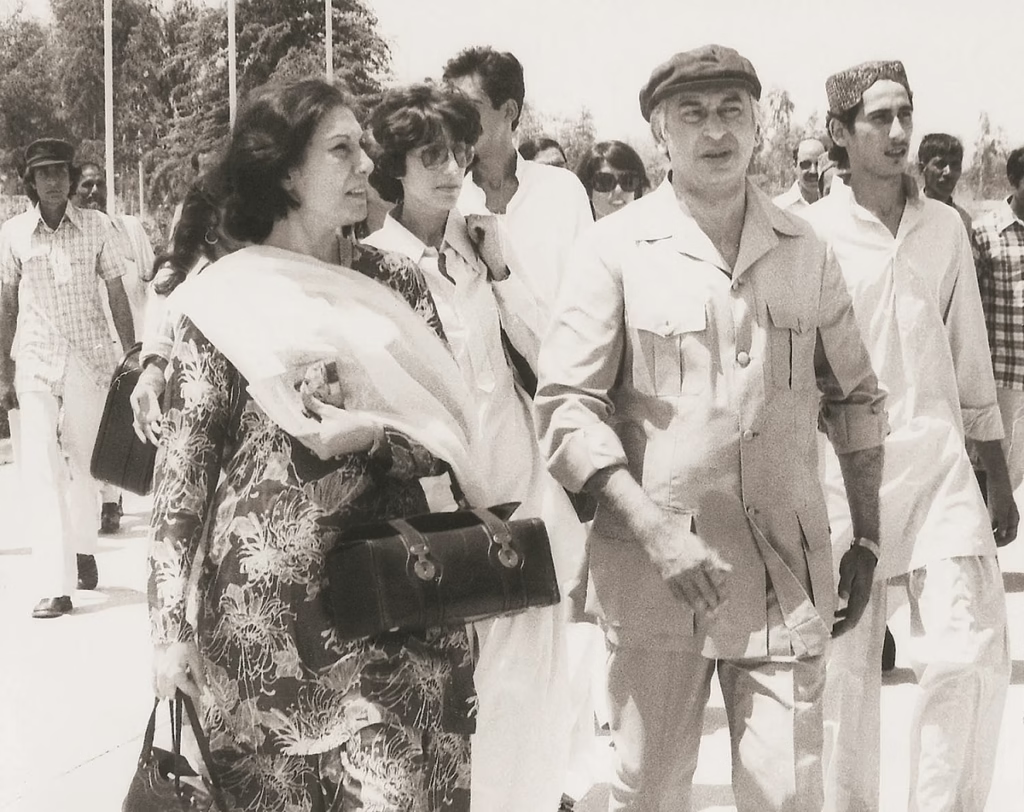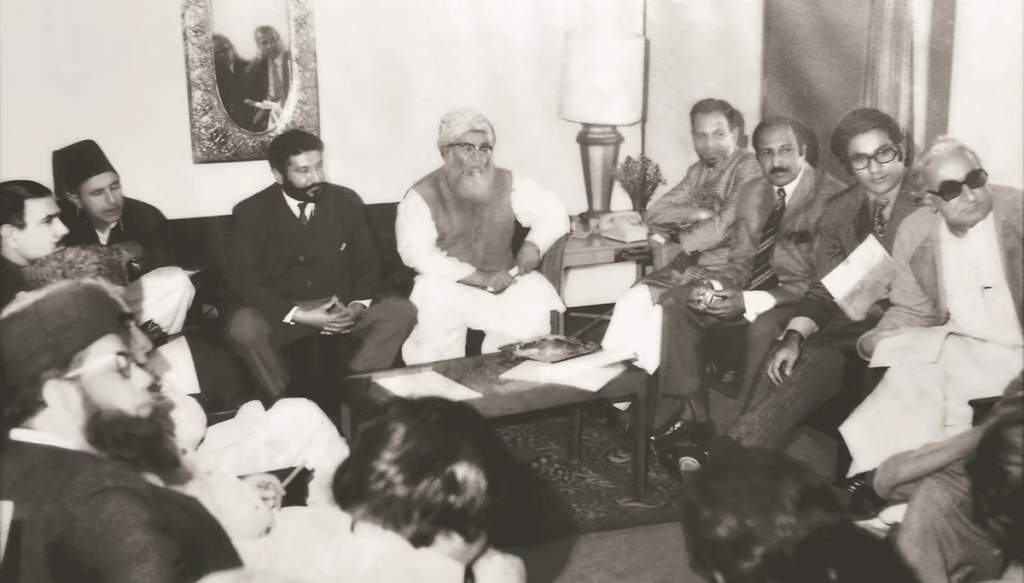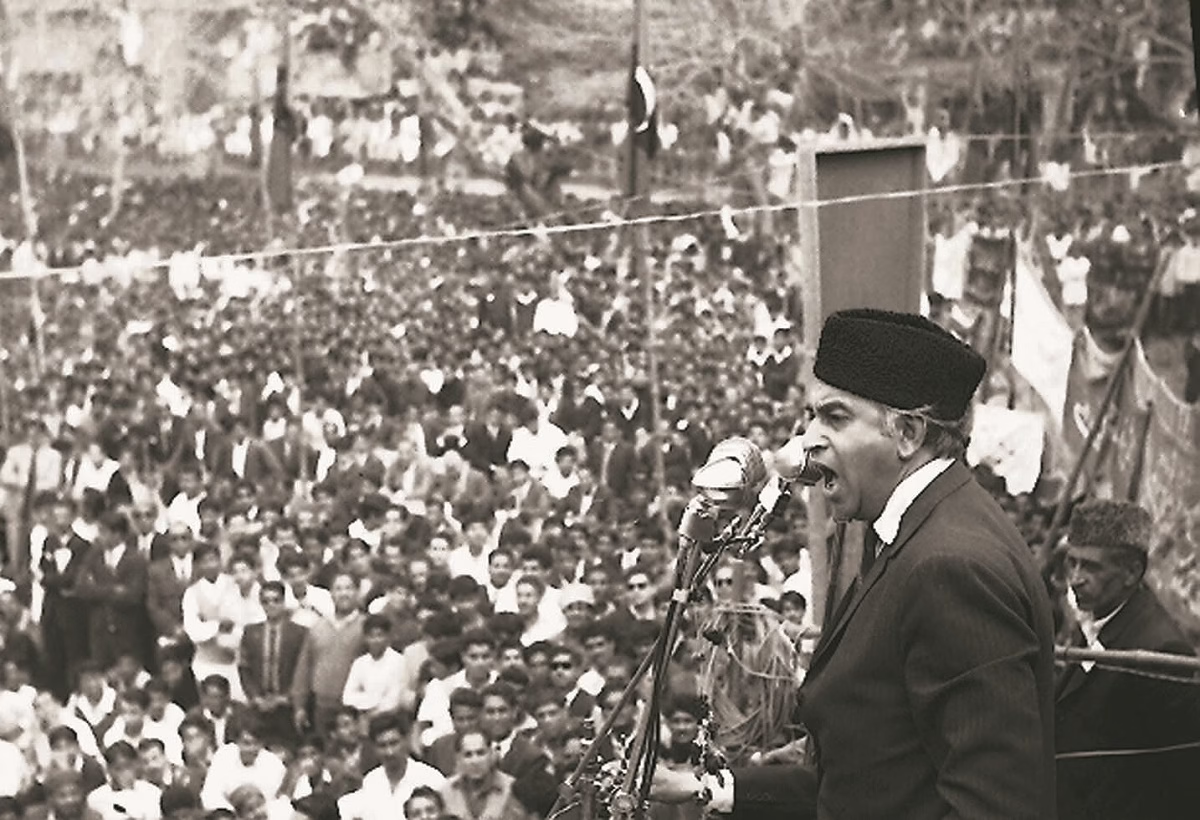Zulfiqar Ali Bhutto’s Execution: A Pivotal Moment in Pakistan’s Political History
Explore the controversial 1979 execution of Zulfiqar Ali Bhutto, its impact on Pakistan’s democracy, and the enduring legacy of the PPP founder. Discover key facts and historical insights.

Introduction
Zulfiqar Ali Bhutto, Pakistan’s charismatic Prime Minister and founder of the Pakistan People’s Party (PPP), remains a polarizing figure decades after his controversial 1979 execution. His death marked a turning point in the nation’s history, fueling debates about justice, military rule, and democracy. This blog delves into the events surrounding Bhutto’s trial, execution, and lasting influence on Pakistan’s political landscape.
The Rise and Fall of Zulfiqar Ali Bhutto

Bhutto rose to prominence as a dynamic leader, serving as President (1971–1973) and later Prime Minister (1973–1977). His tenure saw landmark policies like nationalizing industries and drafting Pakistan’s 1973 Constitution. However, his government faced allegations of electoral fraud in 1977, triggering mass protests. General Zia-ul-Haq’s military coup ousted Bhutto, setting the stage for a dramatic downfall.
The Controversial Trial: A Judicial Controversy
In 1977, Bhutto was arrested and charged with conspiring to murder political rival Ahmed Raza Kasuri. The Lahore High Court’s death sentence, upheld by the Supreme Court in 1978, drew global scrutiny. Critics, including human rights organizations, labeled the trial a sham—a “judicial murder” orchestrated to eliminate Zia-ul-Haq’s rival. Despite appeals from world leaders like Jimmy Carter, Bhutto was hanged on April 4, 1979, in Rawalpindi.
Aftermath: Turmoil and Transformation
Bhutto’s execution ignited nationwide unrest, solidifying his status as a martyr. The PPP, led by his daughter Benazir Bhutto, became a symbol of resistance against Zia’s authoritarian regime. Pakistan plunged into an 11-year martial law, with Bhutto’s death casting a long shadow over its democratic aspirations.
Legacy: Bhutto’s Enduring Influence
Decades later, Bhutto’s legacy thrives. The PPP continues to champion socialist ideals, while his death anniversary draws thousands to his Sindh mausoleum. Historians debate the trial’s fairness, with even former Chief Justice Naseem Hassan Shah later questioning its integrity. Bhutto’s writings, like “If I Am Assassinated,” amplify his enduring voice in Pakistan’s discourse on justice and governance.
Zulfiqar Ali Bhutto execution, Bhutto trial controversy, Pakistan political history, PPP founder legacy, Zia-ul-Haq regime, judicial murder Pakistan, Bhutto death impact, Benazir Bhutto, 1979 Pakistan crisis.
Conclusion
Zulfiqar Ali Bhutto’s execution remains a watershed moment, emblematic of Pakistan’s struggle between democracy and autocracy. His vision and tragic demise continue to inspire and divide, underscoring the complex interplay of power and justice. As Pakistan evolves, Bhutto’s story serves as a poignant reminder of the cost of political dissent.
What’s your perspective on Bhutto’s legacy? Share your thoughts below and follow us for more deep dives into Pakistan’s history!
Read This Article: Liaquat Ali Khan Assassination Detailed Analysis
